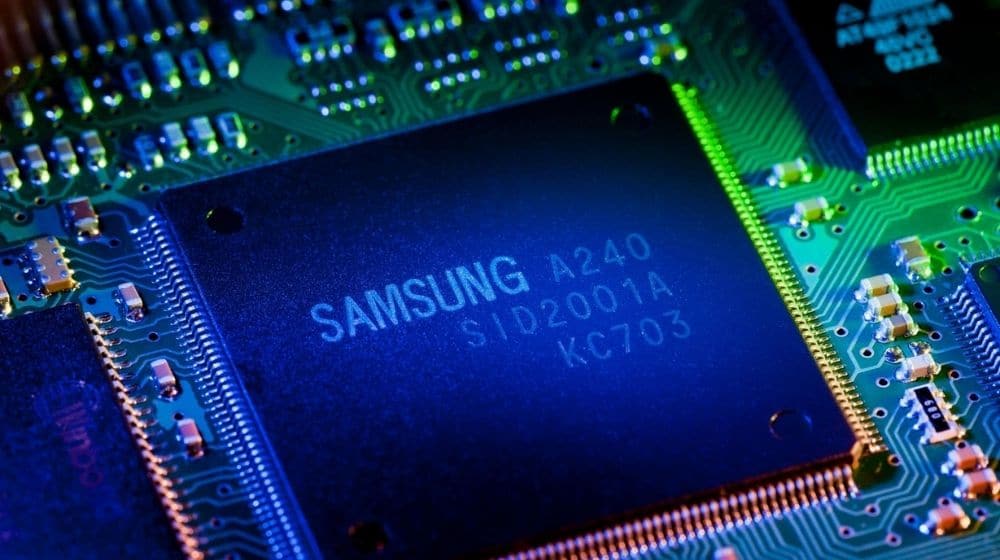The global chip shortage led to the downfall of many sectors including the electronics and automotive industries, which got hit pretty hard. This had led to delayed shipments of Sony’s PS5 gaming console as well as a restricted supply of TVs and other OLED displays.
However, while some businesses were still struggling to keep up with the increased demand for personal electronics and cloud services boosted by the work from home demand, the overall sales in 2020 grew by 6.5%. This rapid growth also continued into 2021, and according to the Semiconductor Industry Association, sales for May 2021 were 26% higher when compared to the same time last year.
The US-based chip manufacturer, Intel, was the world’s largest chipmaker until Samsung dethroned it in terms of revenue in 2021. According to Gartner, Samsung’s revenue surged 31.6% last year, to $75.9 billion. The reports further indicated that Samsung’s incredible growth was fueled by both its logic IC and memory chip segments, which saw sales surge by 34% in 2021, while, Intel’s sales grew by just 0.5%, to $73 billion.
In addition, the industry went through structural changes owing to the banned entity lists imposed by China and the United States. As far as the device categories were concerned, the details from Counterpoint report that Samsung surpassed Intel in DRAM and NAND flash market performance. While, the top 15 chip manufacturers accounted for $421.5 billion in revenue for 2021, projecting an improvement of 7.4% as compared to 2020.
The South Korean tech giant Samsung’s chip revenue alone for the fiscal year 2021 was recorded at $81.3 billion, up by 30.5% over FY 2020. Although still in second place, Intel has suffered multiple setbacks during the last two years. In 2020, the American chip manufacturer delayed the launch of its highly-anticipated cutting-edge chipset by two years and later lost a long-standing contract to supply chips for Apple’s Mac computers.
According to Intel CEO Pat Gelsinger, the global chip shortage wouldn’t end until at least 2023 and even if it does end it is likely to bring more supply chain problems as demand for electronics continues to grow.
In an attempt to cater to the rising demand certain companies have come forward to devise sustainable solutions to secure the future. TSMC is investing $100 million to increase capacity over the next three years, while Samsung and SK Hynix, along with the South Korean government, have pledged to raise $451 billion investment to improve capacity and provide incentives for chip manufacturers.























